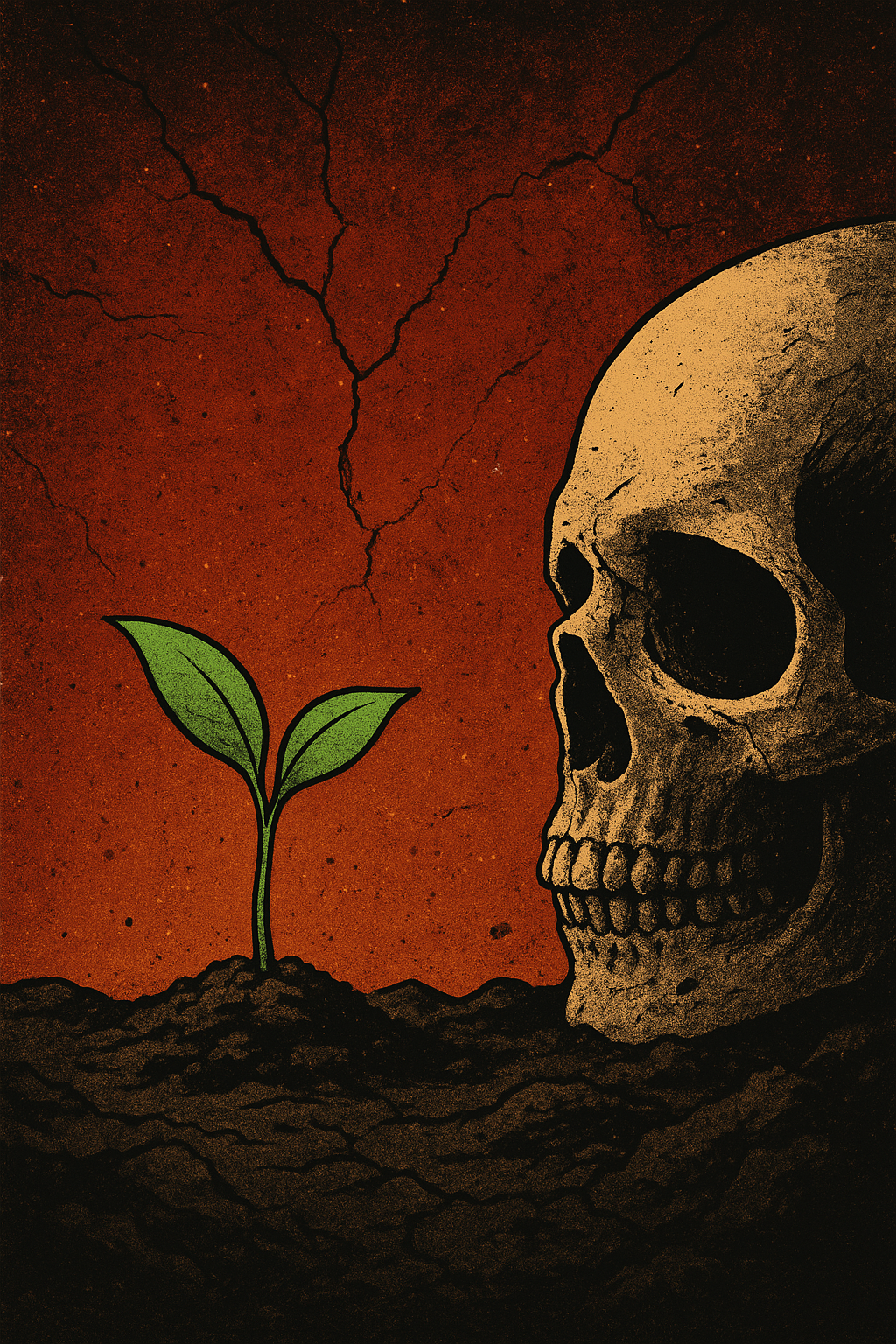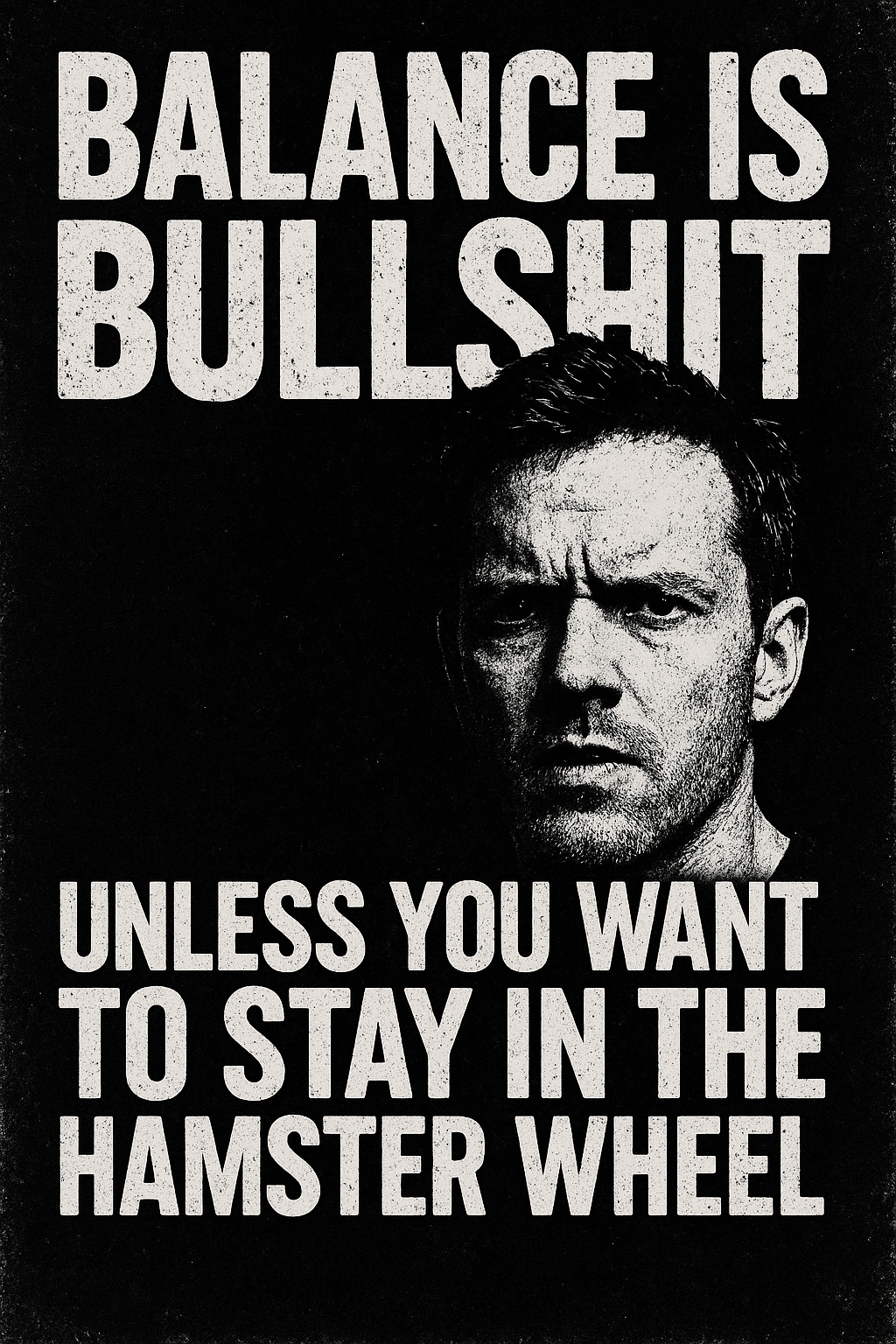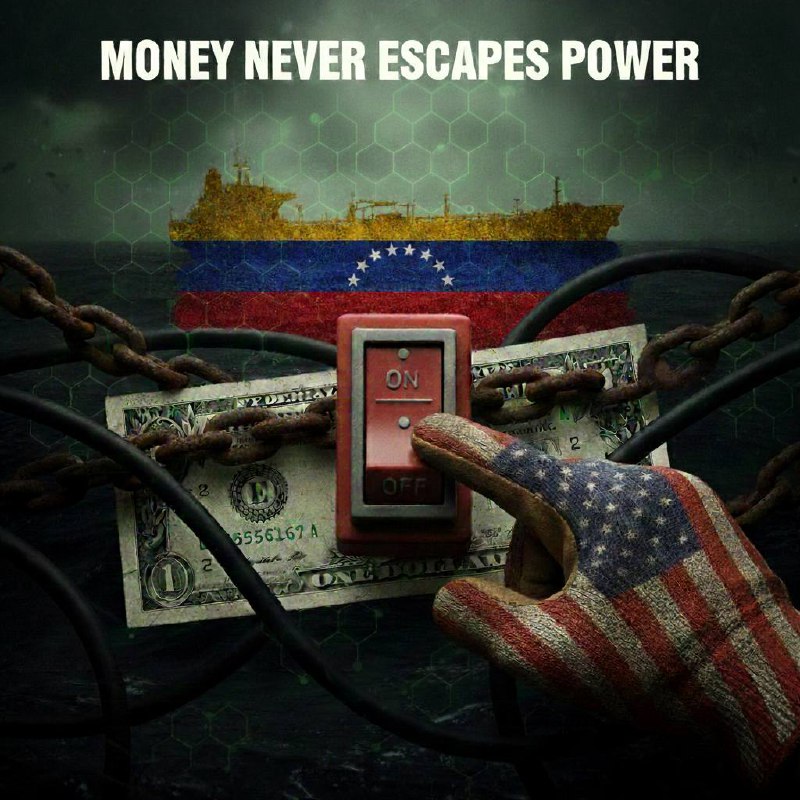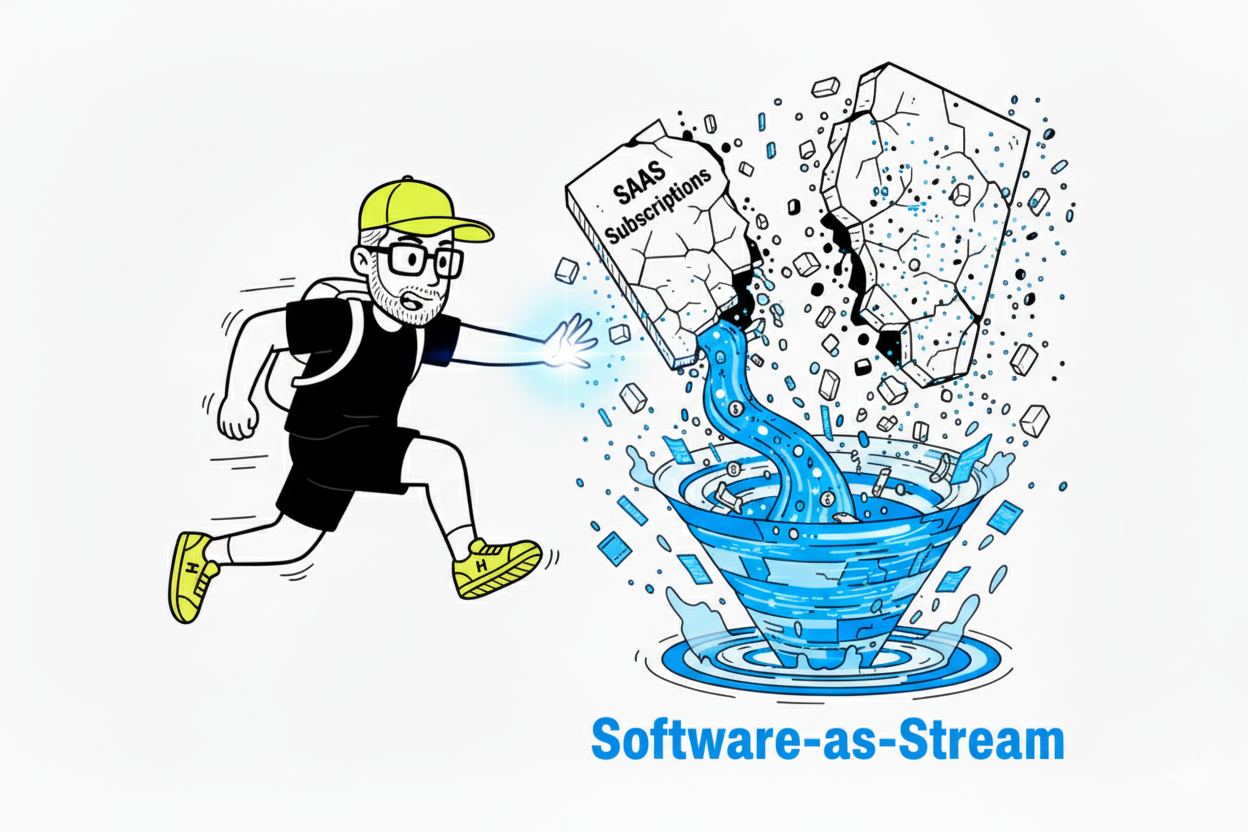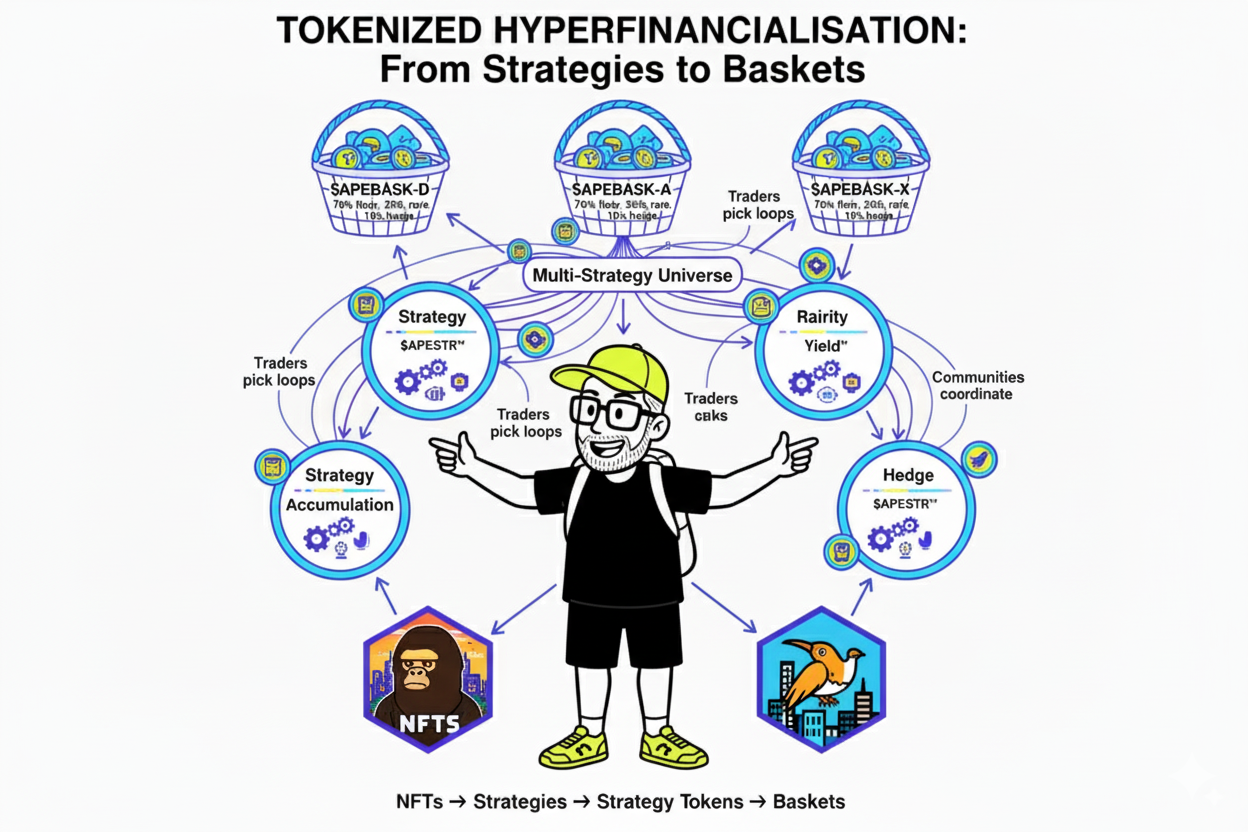There was a time when alt seasons felt alive. Chaotic. Dangerous. Full of possibility. You didn’t know which chain would explode, which meme would hijack the culture, which dev would summon a new frontier out of nothing but code and madness. It was wild, and that wildness was the point.
But that’s gone. There will never be another alt season. Not because the regulators came. Not because retail “lost interest.” No—because the predators who thought they were winning burned their own hunting ground to ash.
Influencers Became Fake Builders
The last cycle was the ultimate scam. Influencers, too shot to build, too empty to create, hired devs to spin up hollow projects. They weren’t founders—they were actors playing founders. The whole thing was theater, designed not to endure, but to extract.
This is the cheat code at the end of the game. When the supposed leaders stop playing to win and start scripting the exit, the game collapses. Everyone sees it. No more mystery, no more possibility—only the stench of inevitability.
Memes as Rotting Corpses
Even memes—once the cultural lifeblood—became hollow. Not sparks of belief, not viral mutations of conviction, just disposable wrappers. “Pinched baby” memes, dopamine junk, attention-riding emptiness.
Memes turned into marketing funnels. Culture turned into content. And when memes rot into husks, they stop being fun. They stop being magnetic. They stop carrying belief.
No Ethos, No Inflows
Alt seasons were never just about tokens. They were about why. Curiosity, experimentation, the dream of a new system. Even when it was naive, even when it was ridiculous, that belief drew new blood. It kept the chaos alive.
Now there is no why. Only greed. Only extraction. Influencers milk followers, crews rotate pumps, and everything is designed for exit over creation. Purpose hollowed out, belief strangled, the inflows dried up. And without inflows, there is no season.
The Game is Solved
Alt seasons were chaos because they were unsolved games. That’s what made them exciting. But now the predators solved it. They mapped the strategies, industrialized the exits, turned chaos into predictable machinery.
And when a game is solved, it dies. Nobody wants to play a rigged game when they already know the ending.
Greed Devouring Itself
Predatorialism is always right on this: unchecked extraction eats itself alive. The predators who thought they were clever enough to drain infinite blood have slit their own veins. The machine they built needs fresh players, fresh belief, fresh fools. But they burned the bridge behind them.
Alt season didn’t die. It was murdered. Murdered by greed, murdered by short-sighted extraction, murdered by the very hands that once fed it.
What’s left now? A desert of scams. Fleeting pumps. Hollow memes. Shot influencers cosplaying as founders. Crews circling like vultures over bones.
The season is over. The game is dead. And no one is coming to save you.
Annex: The Faint Possibility of Rebirth
Alt season, as we knew it, is dead. But systems do not stay dead forever—they rot, compost, and sometimes out of that decay new growth erupts.
The only way a new “season” could emerge would be if culture and belief are reborn outside of the extraction machine. If someone—or some group—creates something so strange, so authentic, so impossible to financialize immediately that it resets the game. Not because of airdrops, not because of influencers, but because the idea itself is magnetic.
That’s the thin thread of hope: not a return of alt season as a pattern, but a new eruption of chaos from the ashes. The chance that somewhere, in the shadows, true creation still exists.
Historical Parallels
This is not the first time predators killed their own game. History is full of cycles where unchecked greed collapses the very playground that fed it:
- Dot-com bubble (1990s–2000): What began as genuine internet innovation turned into a frenzy of hollow IPOs and vaporware companies. The predators extracted until trust evaporated. Out of the ruins, real giants (Google, Amazon) emerged.
- Tulip mania (1630s): Speculation spiraled into absurdity. Once the mechanics were solved and exploited, the mania collapsed. Tulips didn’t vanish—but the “season” of insane inflows never returned.
- MMORPG gold farming (2000s): Virtual economies once felt alive until systematic exploitation (bots, farms, arbitrage) sucked the joy out. Players quit. The game worlds survived, but their economic “seasons” never came back.
Each of these moments mirrors what happened to alt seasons: extraction killed culture, predators solved the game. And yet, in some cases (dot-com, gaming), new forms of play and belief arose from the wreckage.
Final Note
Alt season as we knew it will not return. That chapter is closed.
But the possibility remains—not for “alt season 2.0,” but for something new, strange, and uncorrupted by the old extractors. If it comes, it won’t look like what came before. And it will only happen if culture, not greed, lights the spark.
